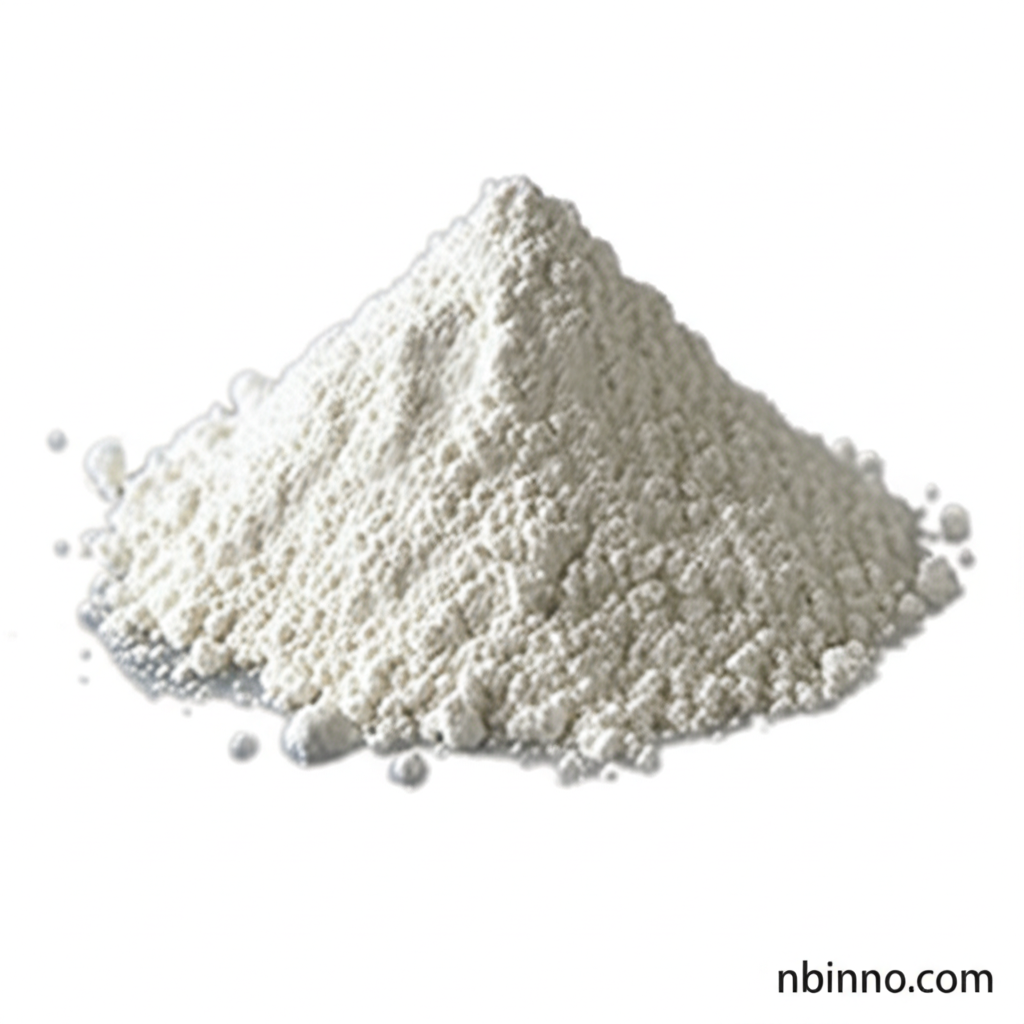Tucatinib: A Potent HER2 Inhibitor for Advanced Breast Cancer Treatment
Exploring the powerful HER2-targeting capabilities of Tucatinib in advanced cancer therapies.
Get a Quote & SampleProduct Core Value

Tucatinib
Tucatinib is a highly selective, orally administered small-molecule inhibitor of ErbB-2 (HER2), a critical target in various cancers. Its potent antineoplastic activity stems from its ability to inhibit HER2 phosphorylation and downstream signaling pathways, including PI3K/AKT and MAPK/ERK. This mechanism effectively leads to the inhibition of cancer cell proliferation and survival.
- Investigating Tucatinib's Mechanism of Action: Understand how Tucatinib targets the HER2 pathway to combat cancer growth.
- Tucatinib for Advanced Breast Cancer Treatment: Learn about its approved uses and efficacy in patients with HER2-positive metastatic breast cancer.
- The Role of ONT-380 in Cancer Therapy: Discover the potential of this potent compound as an antineoplastic agent.
- Exploring Oral HER2 Inhibitors like Tucatinib: Gain insights into the development and benefits of oral targeted therapies.
Key Advantages
Targeted HER2 Inhibition
Tucatinib offers superior selectivity for HER2 over EGFR, leading to a more focused therapeutic effect and potentially reduced side effects for patients undergoing tucatinib breast cancer treatment.
Oral Bioavailability
As an oral medication, Tucatinib provides a convenient and patient-friendly option for long-term cancer management, contributing to improved adherence in tucatinib clinical trials.
Activity Against p95 HER2
The compound is effective against p95 HER2, a truncated form of the receptor that often contributes to resistance against other HER2-targeted therapies, enhancing its therapeutic utility.
Key Applications
Metastatic Breast Cancer
Tucatinib is a key component in the treatment of advanced, unresectable, or metastatic HER2-positive breast cancer, including cases with brain metastases, when used in combination therapy.
HER2-Positive Cancers
Beyond breast cancer, Tucatinib's mechanism of action makes it a promising agent for other HER2-overexpressing malignancies, offering a new avenue for HER2-positive cancer therapy.
Targeted Oncology Therapies
As a leading example of ARRY-380's antineoplastic activity, Tucatinib represents advancements in targeted therapies, focusing on specific molecular drivers of cancer.
Drug Development Research
Studying tucatinib drug development provides valuable insights into designing next-generation kinase inhibitors for cancer treatment.
